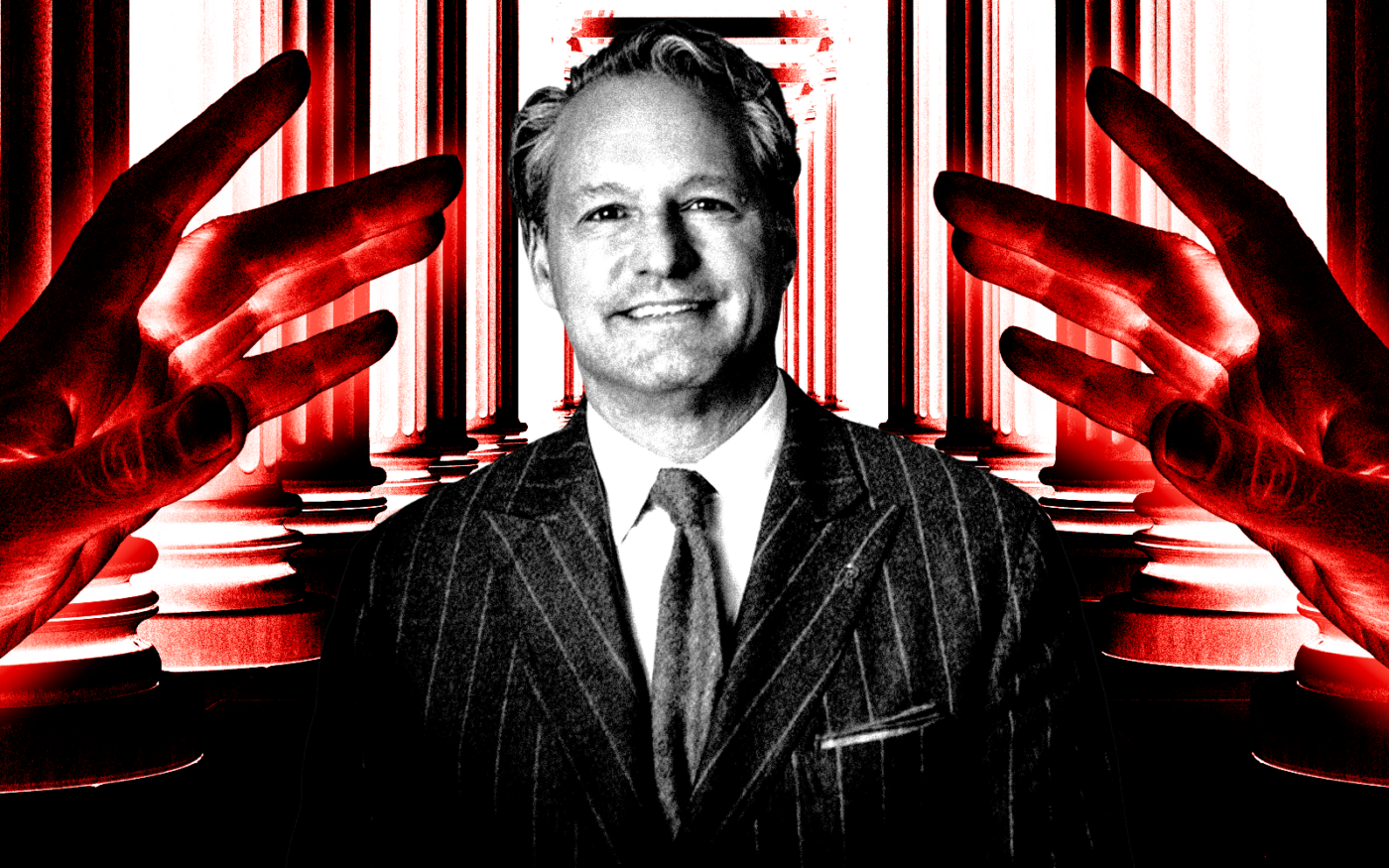The Pennsylvania Department of Banking and Securities last week shut down a bank with $6 billion in total assets.
Republic First Bank — not to be confused with its failed regional predecessor First Republic — became the first regional bank failure of the year, Bisnow reported. The bank’s holdings included $1.7 billion in commercial real estate and construction loans.
The bank failure was anticipated and Fulton Financial quickly swooped in to purchase Republic First’s deposits and assets, including $2.9 billion in total loans. The 32 branches of Republic First reopened on Saturday as branches of Fulton Bank, doubling the latter’s presence in the region.
Republic First had been attempting to reduce its exposure to commercial real estate in recent months, heeding the factors that brought down other regional banks a year ago, including Signature Bank and First Republic. In its 2022 annual report, Republic First said it planned to “originate fewer commercial real estate loans in an effort to reduce our credit concentrations in that particular category.”
As of the end of last year’s first quarter, commercial real estate made up less than 30 percent of the bank’s loan portfolio, according to a presentation given to investors in July. The breakdown of its loans at the time included $895 million in commercial real estate debt, $304 million in construction and land development loans, $570 million in owner-occupied real estate loans and $992 million in residential loans.
Read more



The FDIC launched proceedings to take over the bank last year after an auditor flagged material weaknesses in the bank’s controls. An attempt to secure a $35 million injection into the institution failed.
Federal Reserve chair Jerome Powell previously warned more banks would fail due to their ties to commercial real estate.
While Republic First’s collapse represents the sixth-largest bank failure since 2010, its impact on commercial real estate is expected to be slim, Sam Chandan, director of New York University’s Chen Institute for Global Real Estate Finance, told the Commercial Observer.
